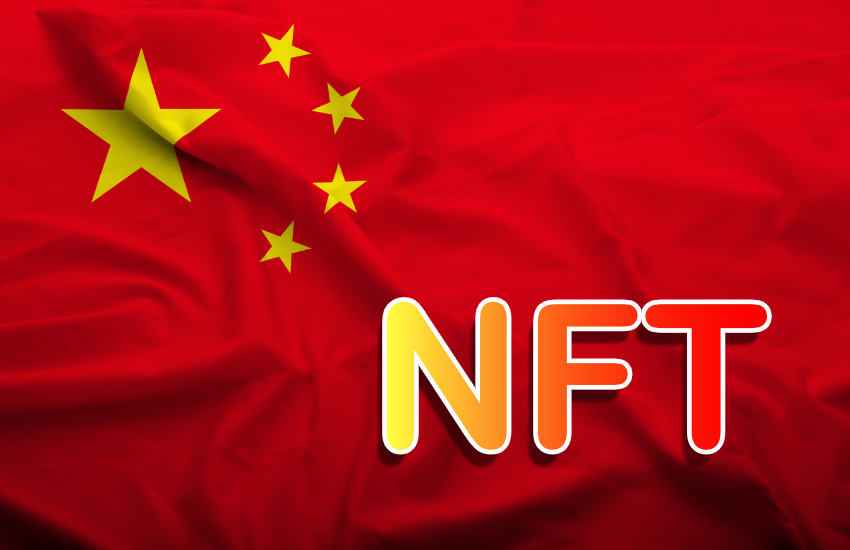China launched state-sanctioned secondary program digital asset trading platform on New Year’s Day. After worrying about speculation around non-fungible tokens (NFTs), the four tech giants Tencent, Ant, Baidu and JD imposed a self-imposed ban on secondary trading of items digital collectibles in mid-2022. The new national trading platform only has a live registration process. It therefore remains to be seen what type of intellectual property is supported, with the platform’s innovation working group being made up of museums, tourism organizations and copyright holders.
China’s public digital asset trading platform was jointly established by the China Technology Exchange, the Cultural Relics Exchange and the Copyright Service Center with the aim of standardizing the trading process to curb speculation.
One driving factor is that China recognizes that digital assets will be important to the development of the metaverse, whether they be avatars, clothing, artwork or museum pieces. In addition to the Innovation Working Group, there is a Metaverse Working Group that includes local governments and state-owned enterprises.
Previously, the Chinese government has repeatedly highlighted the financial risks of NFTs and the speculative nature of the NFT market. Although NFTs are not subject to the same Chinese restrictions as cryptocurrencies, given the voluntary suspension of secondary trading, NFT services introduced by companies like Tencent have already been closed. However, NFTs are supported on the government-backed infrastructure network B.S.N.including for more business-oriented use cases.
With the NFT consumer hype, it’s easy to forget the more B2B use cases. Asset registration and verification services are common blockchain applications. And this extends to intellectual property, with Baidu and Ant having already launched copyright blockchain applications. In November 2022, the patent offices of Poland and Italy joined the EUIPO Blockchainwhich records registrations and updates of trademark and model applications. Likewise, the Italian body responsible for music copyright SIAEworked with Algorand to protect its intellectual property.
However, the Chinese digital asset exchange plans to go further to serve as a credible inventory service mechanism for tradable digital assets. Although the full range of services provided by the new business platform is not detailed, the platform would provide registration, verification and rights monitoring of digital assets through China’s cultural protection chain. It remains to be seen what restrictions will be placed on the resale of digital collectibles, given the government’s previous stance on the financial risks associated with speculative trading.


